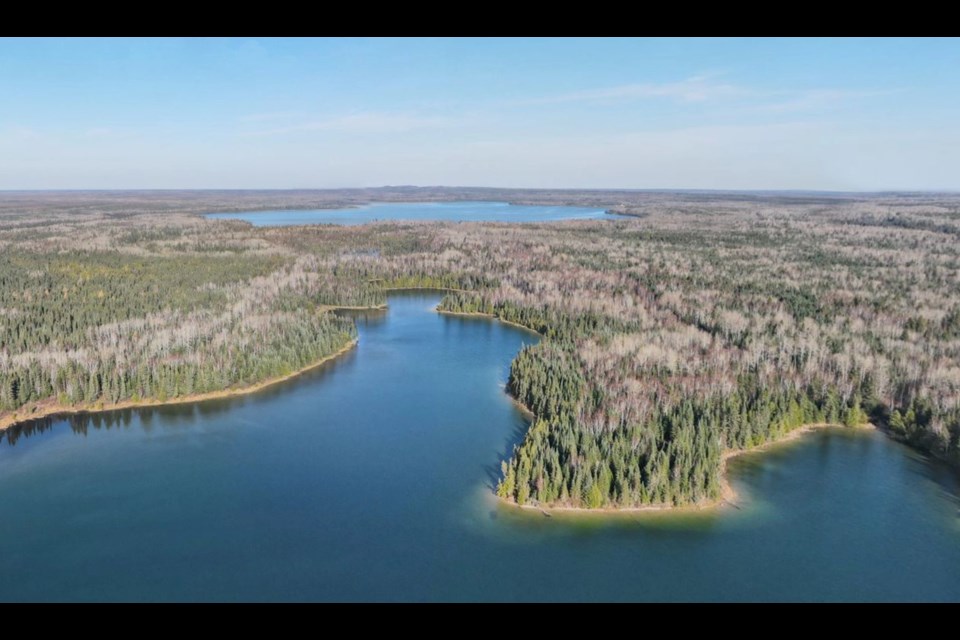TORONTO — The Nature Conservancy of Canada credits supporters from around the world for helping to protect 145,000 hectares of forest and wetlands in Northern Ontario.
The $46 million project, called Boreal Wildlands, is in the Hearst area and is the largest conservation project in Canada's history.
Over 300,000 supporters have contributed, including individuals, companies and private foundations, as well as the federal ($18 million) and Ontario governments.
Nature Conservancy Canada also credits Domtar, the previous owner of the area, for granting a discount on the appraised value of the land.
Boreal Wildlands is Ontario's first carbon credit project and Canada's second.
Covering twice the area of Toronto, it's described as a massive natural carbon sink, storing approximately 190 million tonnes, or the equivalent of the lifetime emissions of three million cars.
Boreal Wildlands harbours more than 100 lakes and 1,300 kilometres of rivers, streams and shoreline which contribute to freshwater quality and fish habitat.
It also shelters natural corridors that provide refuge for species at risk such as woodland caribou, and serves as a nesting, breeding and migratory stopover for multiple threatened bird species including the Canada warbler and the olive-sided flycatcher.
"Boreal Wildlands is just one example of the positive change that results when we work together for a common goal, " said Catherine Grenier, president and CEO of Nature Conservancy of Canada.
"Local communities, partners and supporters came together in a few short months to make this happen — an unprecedented mobilization for the sake of our most important asset, nature."
The project area includes the traditional territories of Indigenous communities within Treaty 9.
The nature conservancy is partnering with Constance Lake First Nation for the first joint monitoring project for woodland caribou, and is engaging with communities to determine how they wish to connect with the land, and how the project can benefit them.
Steven Guilbeault, the federal minister of environment and climate change, said the project shows how conservation targets "can only be achieved with meaningful engagement of local Indigenous communities, in the spirit of reconciliation."
Constance Lake councillor Wayne Neegan said his community wants to preserve and protect lands and resources to ensure their sustainable use for future generations.
Domtar senior vice-president Rob Melton congratulated the nature conservancy for the successful fundraising campaign, saying the impressive support from both the public and private sectors demonstrates Canada's commitment to protecting boreal biodiversity while promoting natural carbon storage and sequestration.
